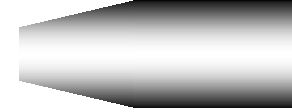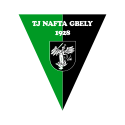The Decanter Bowl From Flottweg
The medium reaches its maximum speed in the decanter bowl, causing the solids to settle on the bowl inner diameter. This happens because of the high centrifugal force that acts on the solid particles. A characteristic feature of the bowl is its cylindrical/conical shape. During manufacture of the cylindrical/conical bowl part, it is possible to adapt it to the particular separation task (length of cylinder, taper angle of the cone and discharge diameter).
Dimensions of the decanter bowl
The dimensions of the decanter bowl are measured as a ratio between the diameter (D) and the length (L); various requirements and applications mean that the bowl is available in several configurations (short 1:2; medium 1:3 and long 1:4).
In general, the following application applies:
- Short machines (1:2), if little clarifying zone is required
- Long machines (1:4), if a larger clarifying zone is required
Decanter bowl – cones
The angle of the conical bowl part (ß) influences the solids transport performance. In the area of the cone, the solid particle is practically lifted by means of the scroll helix. As a result of the prevailing centrifugal force, a backflow velocity acts on the solid particle in the cone. This is dependent on the scroll pitch and the cone angle. Both factors thus exert a significant influence on transporting solids.
Flat cone: 8° or 10° favourable for: sediments with a tendency to flow back, are very compact and generated both high torque and high wear.
Steep cone: 15° to 20° favourable for: Sediments that can be transported effectively using the scroll, with the advantage of a large suspension volume.
The most varied applications demand different geometries from the decanter bowl.
Flat cone, steep cone, diameter, outfeed diameter, extremely different length conditions: Flottweg can always offer the correct decanter bowl that is precisely matched to customers‘ requirements.





